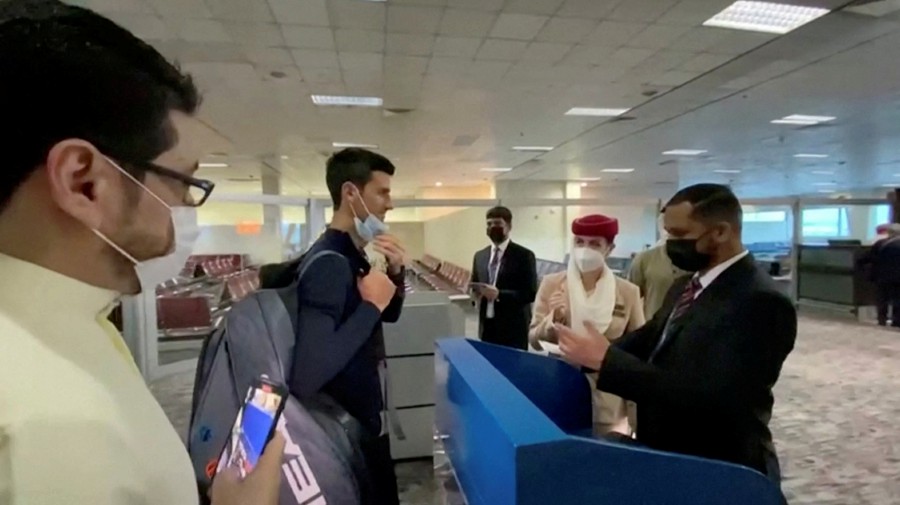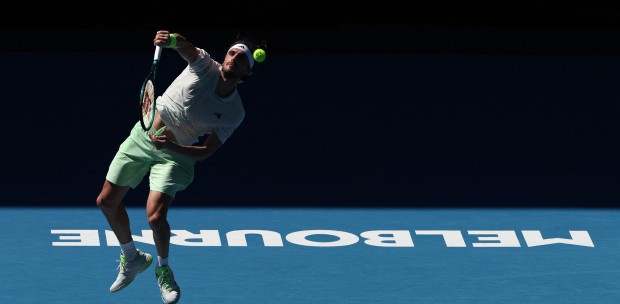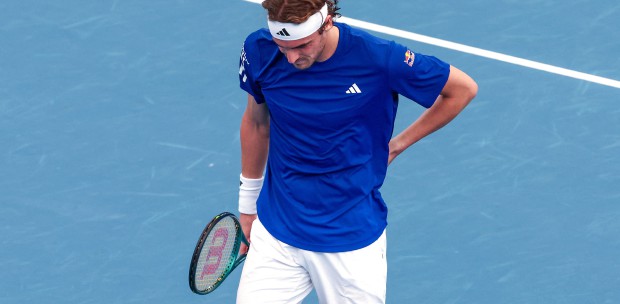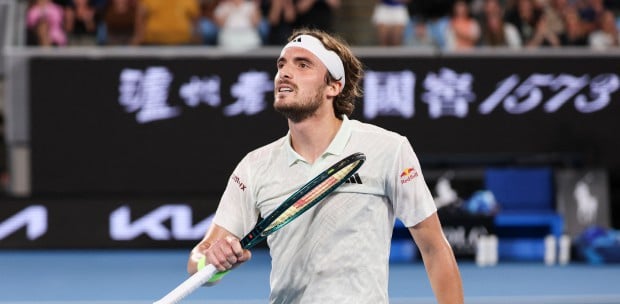Wise words seldom come our way in this day and age. A few managed to get to The Guardian and it is from Rafael Nadal, the world's No. 6 tennis star.
Take a read. "Everybody is free to take his own decision, but there are some consequences, no?" Pearls of wisdom, as they say. We could not have put it better. No, Nadal wasn't sending a poisoned ball across the net to Novak Djokovic. No fault there. The Spaniard is right.
Decisions have consequences, not only for the person who makes the decision but for others as well. It was true for the pre-pandemic world, and is still true for the post-pandemic world.
Djokovic must know that he is no Robinson Crusoe and the world no Isla Robinson Crusoe. But Crusoe wasn't alone. He had a girl Friday. Unvaccinated, both might have been killed by the coronavirus.
We are speculating, but you get the point. We must never put ourselves or others in danger. By being unvaccinated, we are doing precisely that. Djokovic may have his reasons, but we hope he does a Stefanos Tsitsipas, whose ambidextrous swing from "no" to "yes" was made easy by Greece's public rebuke of him. But then again, Serbia is no Greece.
He is being accorded a hero's welcome there, even without the 21st Grand Slam title. Arguably, Serbia is the only country in the world where an unvaccinated person is so celebrated. True, Djokovic is no ordinary tennis star. He is No. 1 in the world with 20 Grand Slam titles to his name.
Extraordinary though his feat is, he is an ordinary man like everyone else. Perhaps that was the lesson Australia was trying to drive home to Djokovic when the Immigration authorities decided to lock him up in the refugee detention centre.
But Australia wasn't flawless. According to Reuters, Tennis Australia informed Djokovic that he was granted a temporary medical exemption from the country's vaccine requirements on the grounds of previous infection. The natural immunity argument his lawyers would use to good effect in the Australian Federal Circuit Court in Melbourne later.
A letter to the effect and confirming a review by the state government of Victoria, where the Grand Slam is being played, was sent to him on Dec 30 by the Australian Open organisers.
These on-again off-again rules and exemptions are not how law should be administered. Certainty is one of the cardinal principles of the Commonwealth legal system. Perhaps Lord Mance said it best in his 2011 Oxford lecture: "The law should be certain, so that it can be easily enforced and so that people can know where they stand." Shifting sand is no place for the law to take us to.
As the British judge says, we expect it of Parliament when it legislates, we expect it of a judge when he expounds the law and we expect it in our relations with the authority. This is one reason why Melbourne judge Anthony Kelly on Jan 10 ordered Djokovic to be freed from detention. As we know now, it was just a game point for the Serbian star. The match eventually went to Australia, with the country's top court putting him on a plane home to Belgrade.
Be that as it may, Australia or otherwise, every nation is free to choose what law it wants, but there are some consequences, no?





